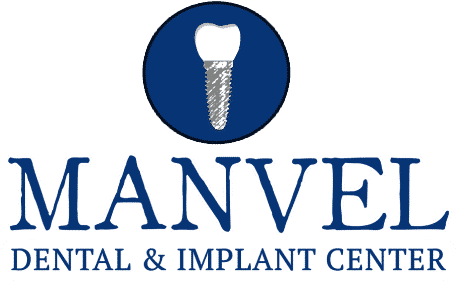Even though dental care has improved, millions of Americans have lost teeth, primarily because of tooth decay, gum disease, or an injury. For a long time, bridges and dentures were the only ways to treat people who were missing teeth. But, today, dental implants are available.
What are dental implants?
A dental implant is a small post usually made of titanium and replaces the tooth’s root. A piece called an abutment is put on top of the dental implant or built into it. An abutment connects the implant to the replacement tooth. The dental implant completed with a crown is a replacement tooth made to look like your natural teeth.
How long do dental implants last?
Dental implants are meant to last a lifetime. This is because they touch the jawbone directly and, through osseointegration, bond with the bone tissue around them.
When osseointegration is done, the implant material and the bone around it have joined together. Because of this, the implant can be used as a replacement tooth root, giving a fake tooth a solid base.
Even though the implant lasts a lifetime, the dentist must change an attached crown due to normal wear and tear. In 15 to 20 years, replacing 50 – 80% of crowns is essential.
What are the benefits of dental implants?
Dental implant treatment has these advantages:
It brings back the ability to chew.
Restores the way things look
It keeps the jawbone from getting smaller because of bone loss.
It keeps the bone and gums around the tooth healthy.
Dental Implants help keep teeth next to each other stable.
It helps make life better.
How to care for dental implants?
You should follow some dos and don’ts to care for your dental implants.
1. Nylon brush
Nylon toothbrushes provide bendable, soft bristles for dental implants. Use a Proxabrush to clean around dental implants. You may need to switch toothbrushes after dental implants.
Hard-bristled toothbrushes can scratch implants. Once you have implants, avoid using metal instruments to clean your mouth. Brush and floss twice a day instead.
2. Abrasives
Once you obtain dental implants, buy sensitive toothpaste and mouthwash.
Daily floss
With dental implants, you can change this statistic. Flossing is crucial with dental implants. Plaque can develop around implants, causing oral hygiene difficulties. Several flosses are made for persons with dental implants, so you have no excuse not to brush.
3. Daily floss
With dental implants, you can change this statistic. Flossing is crucial with dental implants. Plaque can develop around implants, causing oral hygiene difficulties. Several flosses are made for persons with dental implants, so you have no excuse not to brush.
4. Avoid sticky/hard foods.
Hard/sticky foods harm implants. These foods also hurt opposing teeth
After implantation, avoid eating:
Ice
Caramel
Dates
Sweets
Tacos hardshell
Crisps
Carrots
Apples
Steak
5. Don’t smoke or drink
For your health, avoid smoking and alcohol. Those with dental implants should avoid these substances.
Smoking during the six months it takes for dental implants to heal can be harmful. Alcohol slows dental implant recovery, so avoid it as much as possible.
Summary
Dental implants are replacements for missing teeth. Implants have a high success rate and can be helpful for a long time. Some people need more work done on their mouths before they can get dental implants. These will raise the total price. The cost can also increase if you need more or different implants. Anyone considering dental implant surgery should ask their dentist if it’s a good idea.


